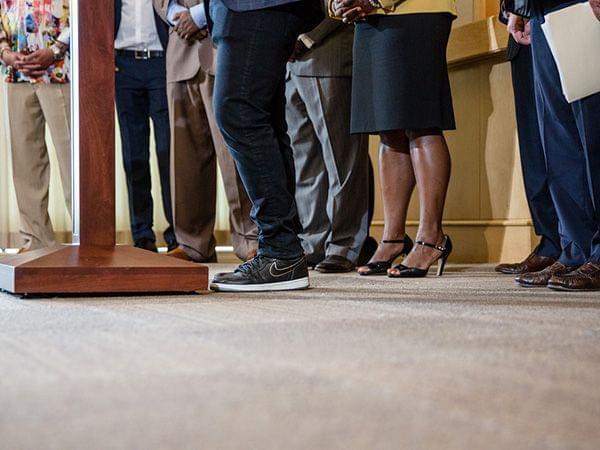Champaign Candidates on Wraparound Services

This question was created by journalists and community members during the Democracy in CU: Let’s talk solutions to community violence event on March 14th.
How will you invest in wraparound services for youth? How will you invest in wraparound services for adults who have interacted with the criminal justice system?
MAYOR
Deborah Feinen:
I would support the local providers that are engaging in this work. Most of these issues are outside of the scope of traditional City services so we would need to partner with providers or help to fund the work other entities are doing in this area.I would continue the support of the Youth Employment Services Program, Goal Getters, Community Coalition, and CU Fresh Start. I would also support programs through my role as a Regional Planning Board Commissioner that invest in these issues.
CITY COUNCIL
Tom Bruno:
I support a philosophy of care with a defined planning process used to build constructive relationships and support networks among students and youth with emotional or behavioral disabilities (EBD) and their families. It would be community based, culturally relevant, individualized, strength based, and family centered.
Andrew James Christensen:
The American criminal justice system can be predatory. It makes felons out of citizens with less privilege, and it profits from their repeat offenses. Because of this perverted profit incentive, well-meaning citizens with a criminal history frequently find themselves back in jail when they can’t get access to basic necessities like stable housing and stable employment. The city government has the power to interrupt this cycle at many stages, by liaising with local employers and housing providers, by offering reintegration counseling, by guiding the police department to operate empathetically, and by partnering with the school district to focus on the welfare of at-risk students.
The most effective way to improve wraparound services is to consult with affected communities, like First Followers, in the policy-making process. Right now First Followers is urging the city to remove section 17.4-5 from the city’s Human Rights Ordinance that allows for discrimination of people based exclusively on their criminal record, because it makes it incredibly difficult for these people to re-enter and contribute to society, and because it unfairly targets racial minorities. I support the removal of this discriminatory law.
Matthew Gladney:
I believe in partnering with our local schools in order to reach and support our youth. The First Followers re-entry program is doing great work.
William Kyles:
I will continue supporting and forming relationships with people and organizations that build our youth and adults. Along with that support, I am supportive of funding services through initiatives such as Community Matters and the Community Coalition. I would support those organizations having to meet metrics to determine how successful we are in addressing these issues.
Pattsi Petrie:
I would begin in a similar manner as the answer to #3 and #11. Repeating what I wrote within these two answers and capturing what several residents have posited, it might be productive to reassess the past and presently in place approaches because the issues in the community have not sufficiently changed.
Jon Paul Youakim:
As part of city council I would continue to have the mayor be a part of and work with the Champaign County Regional Planning Commission on the Young Adult Reentry Program to offer youth assistance with educational and vocational assessment and training, job search assistance and other supportive services. I think that as a city if we coordinate with local business partners we can create an employment and educational training strategy that is successful.
What I would like to see is a group under the city’s guidance be responsible for easy access in providing information of available resources for youth and adults who have interacted with the criminal justice system so that we can more successfully re-integrate them back into society. With CU Fresh Start, TRUCE, the University of Illinois Education Justice Project, the Young Adult Reentry Program and many other programs and groups in the community we can create a plan to prevent young individuals and adults that have interacted with the criminal justice system from re-entering it and have them become thriving members of the community.
NOTE: We reached out to Azark Cobbs, Kenton Elmore and Michael LaDue and received no or incomplete responses.

